A Ponzi scheme, a billionaire CEO, a spy: Where does Jeffrey Epstein get all his wealth from?

Embattled millionaire and sex offender Jeffrey Epstein, 66, is currently held at Brooklyn's Metropolitan Correctional Center, infamously known as the 'Guantanomo of New York,' as his lawyers seek house arrest for him at his cushy $56 million Manhattan mansion.
Both prosecution and defense argued their points in front of Judge Richard Berman at the United States District Court for the Southern District of New York this past Monday, July 15, during a bail hearing. If precedent is taken into account, it looks unlikely that Epstein will be walking out of jail.
On Tuesday, both prosecutors and defense filed additional documents arguing their case, with the latter claiming that their client was being singled out and made an example of because he was rich.
"To be sure, wealthy defendants do not deserve preferential treatment. But they certainly shouldn’t be singled out for worse treatment - in effect, categorically disqualified from bail... on the basis of their net worth," they said. But exactly how wealthy is Epstein? Is he a billionaire? A multi-millionaire? Where does all of it come from? No one seems to know.
A document filed by his lawyers and made public this week confirmed he isn't lacking for money, and listed his total assets at $559,120,954, with the breakdown as follows:
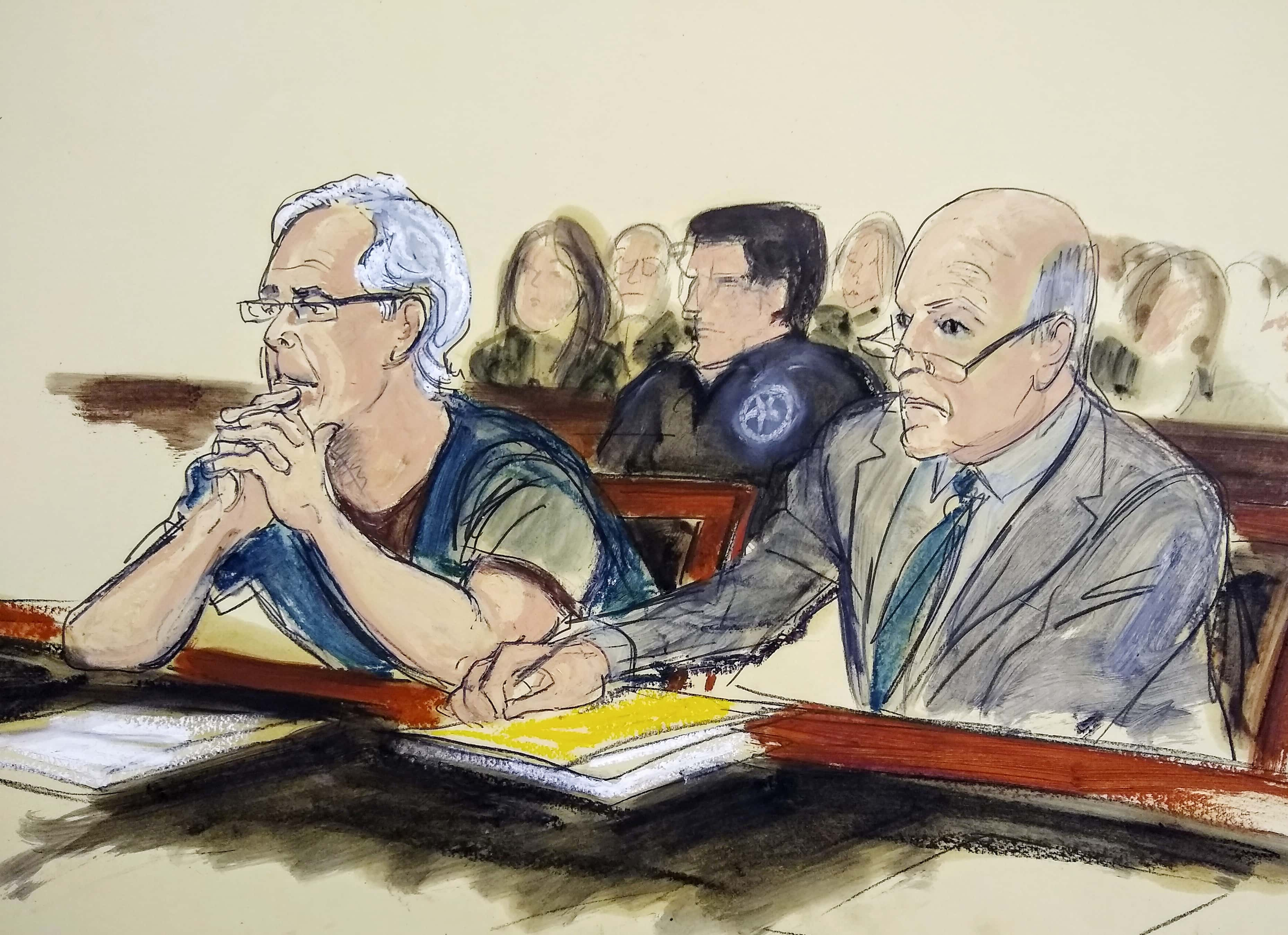
Cash: $56,547,773
Fixed income: $14,304,679
Equities: $112,679,138
Hedge funds and private equity: $194,986,301
Properties: 9 E. 71st St., Manhattan, worth $55,931,000; 49 Zorro Ranch Rd., Stanley, N.M., $17,246,208; 358 El Brillo Way, Palm Beach, Fla., $12,380,209; 22 Avenue Foch, Paris, France, $8,672,823; Great St. James Island in the Virgin Islands, $22,498,600; and Little St. James Island, V.I., $63,874,223.
It's no surprise then, that in the restrictions they proposed as part of their request that he be granted house arrest, they offered to post a "substantial personal recognizance bond" worth an estimated $100 million that will be secured by a mortgage on his Manhattan residence.
It's also this wealth that allowed him to pay out a total of $350,000 to trust accounts controlled by persons named as possible co-conspirators in a non-prosecution deal he had signed with federal prosecutors in 2007 just days after the Miami Herald started publishing incriminating articles about him last November.
However, he's still nowhere close to a billionaire, which, it emerged, was based on a misrepresentation of the comments made by his lawyers.
They said he was worth "more than nine figures" when he pleaded guilty in Florida to soliciting prostitution in 2008, with the Palm Beach Post subsequently running a story stating he was a billionaire, despite nine figures only making him a multi-millionaire.
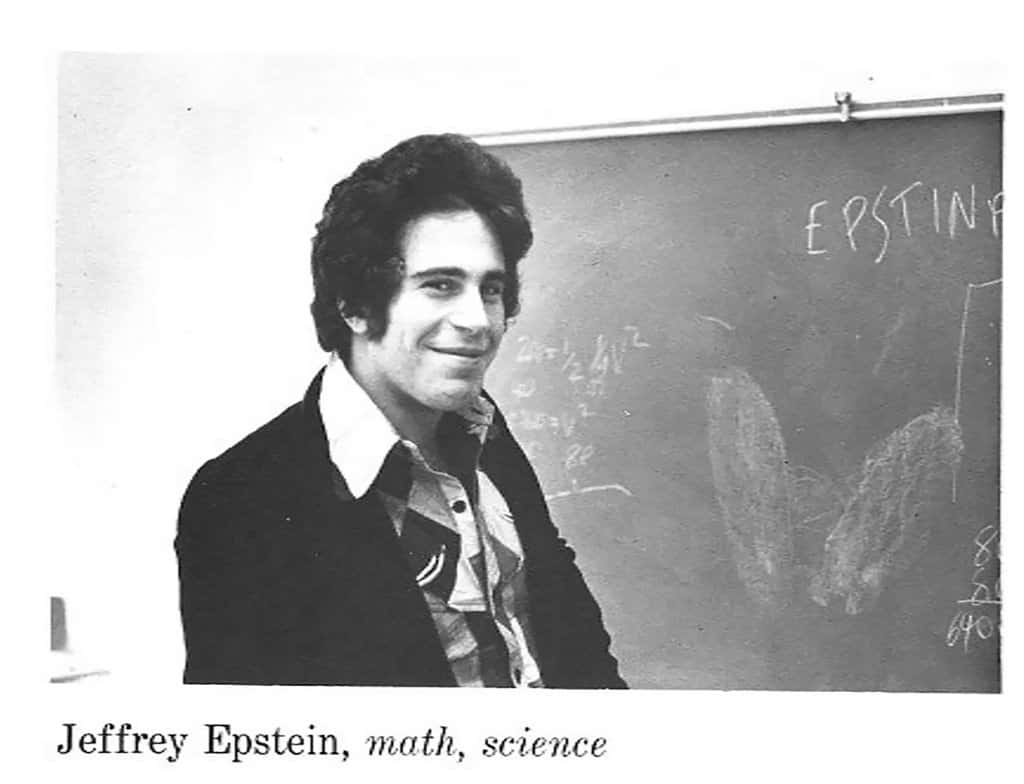
But, whatever his net worth is, how did he come about this wealth? Again, no one seems to know. Prosecutors certainly were not happy with the financial disclosure document filed by Epstein's lawyers. They called it a "minimal" and "token" submission that left many questions about his vast wealth unanswered.
Spencer Kuvin, an attorney for three of Epstein's alleged victims in the case where Epstein pleaded guilty to sexual activity with minors, stated that "he and his team 'pursued every possible angle' to find out Epstein's net worth but found that much of his wealth is offshore."
His early life offers little in the way of answers. In his 20s, he briefly taught calculus and physics at the Dalton School in Manhattan before moving on to a job as an options trader at Bear Stearns.
After proving a success in the special products division, advising high-net-worth clients on tax strategies, he even became a limited partner in the company, before deciding to leave for new pastures.
He then set about making his mark by establishing a consulting firm called International Assets Group Inc., where he worked as a consultant for governments or for very rich people to recover embezzled funds. He described his work at the time as being a "high-level bounty hunter."
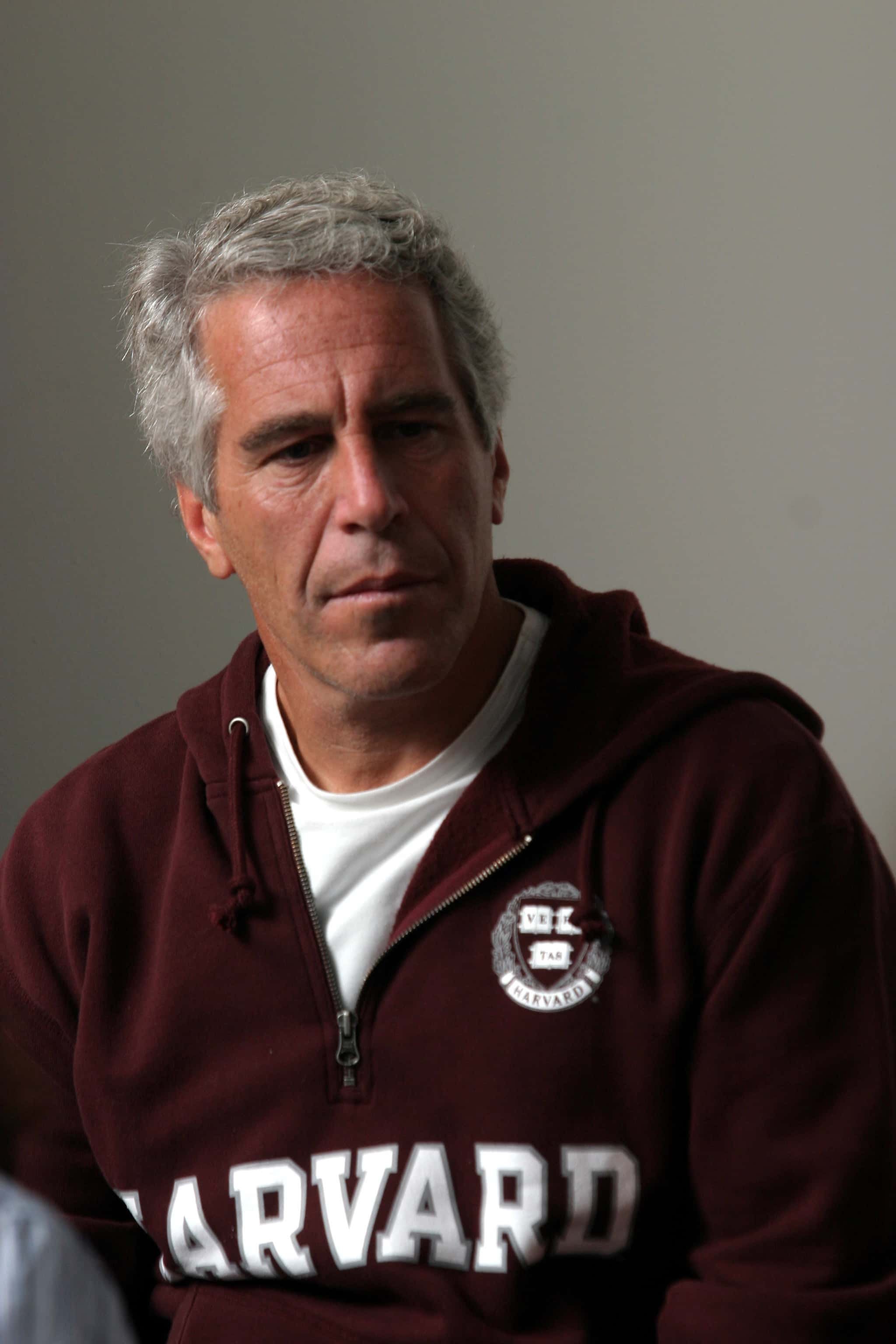
It's in the late 1980s that one gets some idea of where he amassed his multi-million dollar fortune. In 1987, he was hired by Steven Hoffenberg as a consultant for Tower Financial Corporation, a collection agency that bought debts people owed to hospitals, banks, and phone companies.
By 1993, the company had imploded and was revealed to be one of the biggest Ponzi schemes in American history. It had defrauded two million investors to the tune of half-a-billion dollars.
During court proceedings, Hoffenburg claimed that Epstein, who was officially paid $25,000 a month for consulting and had left before the collapse, was intimately involved in the scheme.
While Epstein was never charged, it was alleged in an August 2018 lawsuit by the investors, who are still seeking compensation, that the 66-year-old had "knowingly and intentionally utilized funds he fraudulently diverted and obtained from this massive Ponzi scheme for his own personal use to support a lavish lifestyle."
It is suspected that he used the money to establish a financial management firm called Financial Trust Company on the island of St. Thomas in the U.S. Virgin Islands — but we'll never know, as it generates no public records and the names of his clients, bar Leslie Wexner, has never been released.

He had originally founded that firm as J. Epstein & Co. in 1987, the same year he got involved with Hoffenburg, to manage the assets of clients with a net worth of more than $1 billion.
It was here that he became closely associated with Wexner, the chairman and CEO of the L Brands Corporation, which has flagship brands Victoria's Secret and Bath & Body Works under its name. Forbes reported that the billionaire was a major source of Epstein's wealth.
Soon after meeting Wexner, Epstein became his financial advisor and served as his "charge d'affaires" in his business dealings. By 1995, he was a director of the Wexner Foundation and Wexner Heritage Foundation. He was also the president of Wexner's Property, which developed the town of New Albany outside Columbus, Ohio where Wexner lived.
However, that relationship came to an end after Wexner "deserted him" following his guilty plea to child prostitution charges in 2008. The billionaire has since called the allegations against Epstein "egregious" and "sickening" and said he "regretted that my path ever crossed his."
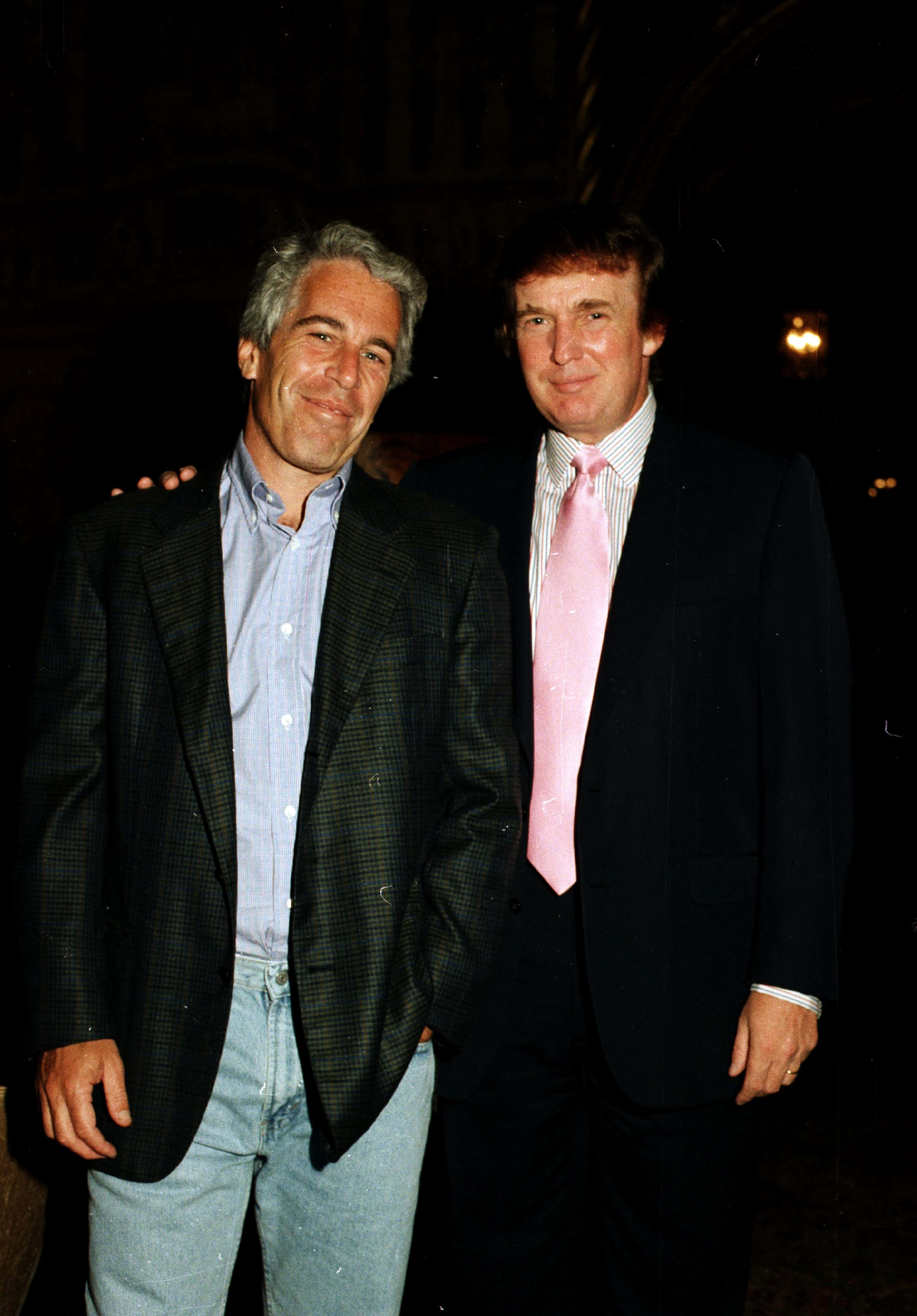
But it's well-established that Wexner was not his only friend in high places. Epstein ran in some lofty circles alongside high-powered executives, politicians, and royalty.
He can count two presidents, Bill Clinton and Donald Trump, as his close allies — flight logs show both traveled on his private jet, dubbed the 'Lolita Express' several times in the early 2000s.
He also ran with the likes of Prince Andrew, Harvard professor Alan Dershowitz, media mogul Mort Zuckerman, Hollywood bigwigs such as Woody Allen and Harvey Weinstein, and others.
And while none of these names have been indicted or accused of wrongdoing in the current case dogging Epstein, who faces 45 years behind bars in federal prison if convicted, it would be no surprise to learn that they have had significant business dealings with the 66-year-old.
If you're not satisfied with any of those explanations, we've saved the best theory for last: Epstein made a vast fortune because he was a spy.
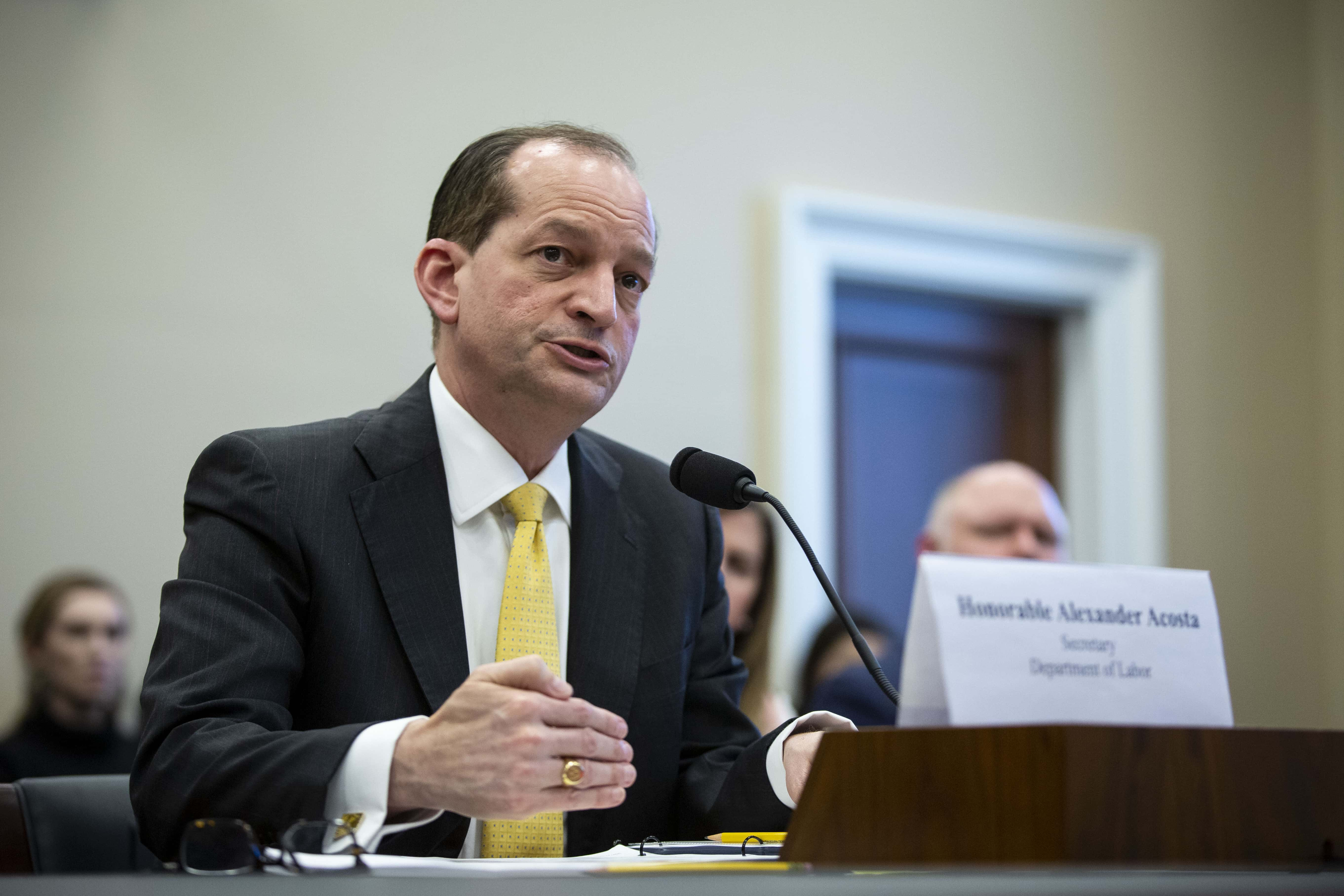
Trump's labor secretary Alexander Acosta recently resigned after his role in brokering a secret plea deal, the validity of which is now being questioned, involving Epstein a decade ago became public knowledge.
In what was a slap in the face to the victims, Acosta, the then United States Attorney for the Southern District of Florida, had agreed to grant Epstein and all his co-conspirators immunity from all federal charges in exchange for him serving a 13-month prison sentence and registering as a sex offender.
Acosta had reportedly been asked if his involvement in the Epstein case would be a problem during his confirmation hearings for the labor secretary job. He answered, quite nonchalantly, that he had cut the deal because he had "been told" to back off and that Epstein was above his pay grade.
He told his interviewers that he was informed Epstein "belonged to intelligence" and to "leave it alone." When asked about it recently, he did not quite deny it. "So there has been reporting to that effect and let me say, there’s been reporting to a lot of effects, in this case, not just now but over the years and, again, I would be hesitant to take this reporting as fact," he said at a press conference.
"This was a case that was brought by our office, it was brought based on the facts and I look at the reporting and others, I can’t address it directly because of our guidelines, but I can tell you that a lot of reporting is going down rabbit holes."
The question now is, then, who does he work for?
The timeline of sex offender Jeffrey Epstein's convictions and new allegations:










